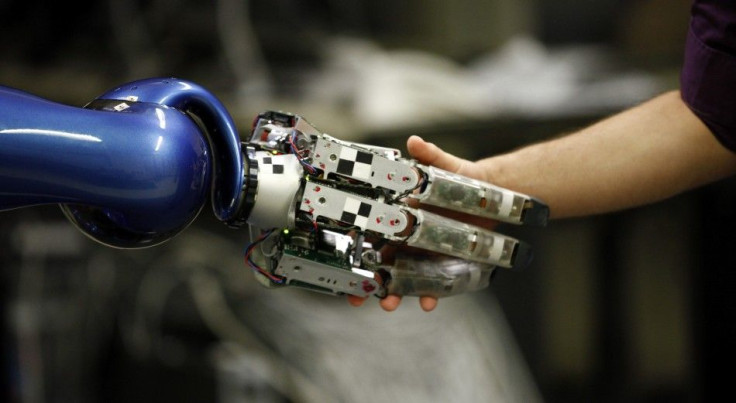Artificial Intelligence: Robots Advance, But Still Can't Imitate Humans

We have built machines capable of summoning the artificial intelligence needed to defeat a human on 'Jeopardy,' but grocery shopping is still beyond their metallic grasp.
The sight of the computer Watson outdueling two champions on the famous quiz show had some people wondering if society was on the cusp of producing artificial intelligence that could convincingly mimic humans. But while robots can perform repetitive, mechanical tasks of the kind you would see on an assembly line, actions that require perception and nuanced hand motions remain a challenge.
All these problems where you want to duplicate something biology does, such as perception, touch, planning or grasping, turn out to be hard in fundamental ways, said Gary Bradski, vision specialist at a robot development company, told The New York Times. It's always surprising, because humans can do so much effortlessly.
The next step in robot evolution involves endowing machines with the ability to perform tasks like folding laundry and even caring for humans. The White House Office of Science and Technology recently helped sponsor a competition in which robots were tasked with identifying common grocery stores items. The most successful robot was able to recognize 68 percent of the objects.
For now, robots lack the perception and the adaptability to perform tasks that would be simple for a toddler. They can be programmed to do things, but introducing slight changes causes a variable that they are usually unable to overcome.
© Copyright IBTimes 2024. All rights reserved.





















